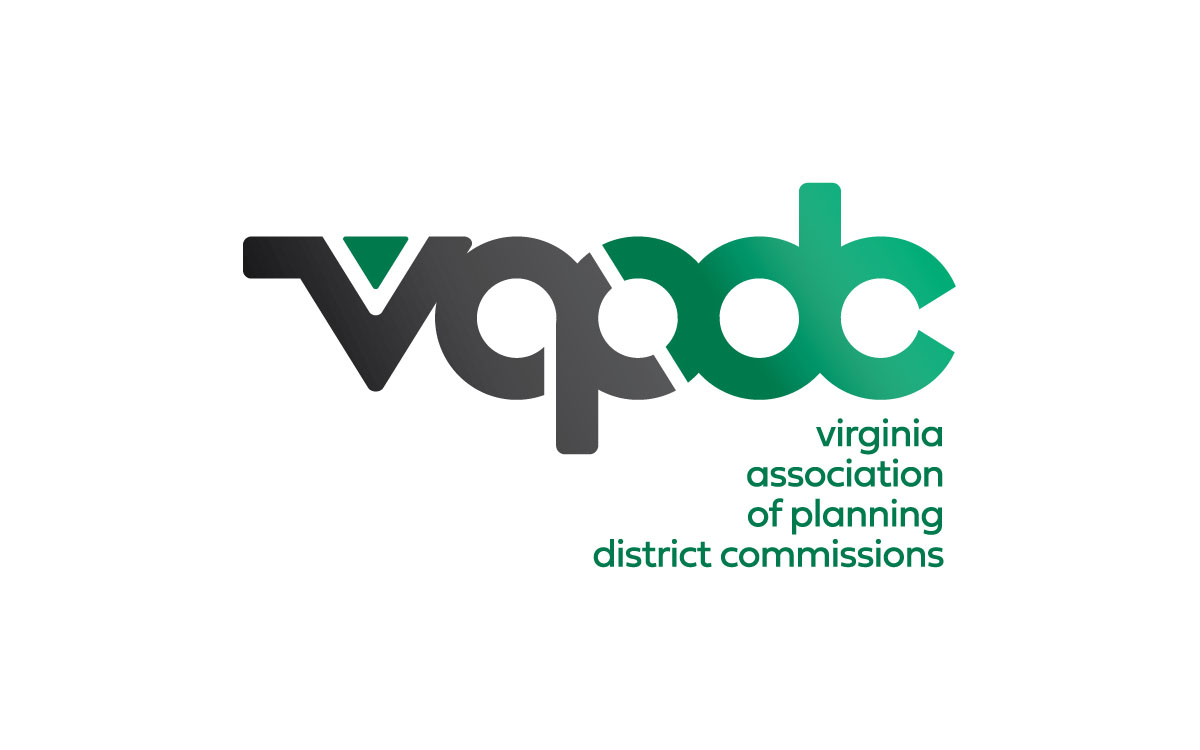CVPDC works to connect member local governments to resources outside of our region. The following opportunities are currently available from federal, state, and other partners. Interested parties are encouraged to contact staff to learn more.
USDOT FY 2026 Better Utilizing Investments to Leverage Development (BUILD) Grant
Applications must be submitted by February 24, 2026.
The U.S. Department of Transportation's (USDOT) Better Utilizing Investments to Leverage Development (BUILD) grant program provides grants for planning or constructing surface transportation infrastructure projects that will improve safety; environmental sustainability; quality of life; mobility and community connectivity; and economic competitiveness and opportunity, including tourism, state of good repair, partnership and collaboration, and innovation.
EPA Environmental Education Grants
The application deadline is March 3, 2026.
The U.S. Environmental Protection Agency (EPA) announced up to $3.2 million in funding for environmental education grants to support local, community-driven projects that help Americans protect their water, health, and natural surroundings. EPA expects to award up to 16 grants nationwide, ranging from $200,000 to $250,000 each through the Environmental Education Grant Program. The program is designed to support hands-on projects that promote environmental awareness and stewardship while giving communities the ability to address environmental challenges in their own backyard.
Preservation Trust Fund
Applications are due by March 18, 2026.
The Virginia Outdoors Foundation is making $2.1 million available through its Preservation Trust Fund for projects that protect open space for public access, farming, wildlife habitat, and other public benefits.
DCR Recreational Trails Program (RTP)
Applications are due May 5, 2026.
DCR’s Recreational Trail Program grant round, with up to $1.45 million in funding, will be open from March 10 to May 5, 2026. The RTP program is an 80-20% matching reimbursement program, and requests must be for a minimum of $50,000 (or a total $62,000 project cost). This year, both maintenance/repair and new trail construction projects are eligible for funding.
FY 2025 EDA Public Works and Economic Adjustment Assistance Programs
There are no application submission deadlines. Applications will be accepted on an ongoing basis until the publication of a new PWEAA NOFO, cancellation of this PWEAA NOFO, or all available funds have been expended. EDA intends to review applications expeditiously upon receipt of the complete application.
The US Economic Development Administration's (EDA's) mission is to lead the Federal economic development agenda by promoting innovation and competitiveness, preparing American regions for economic growth and success in the worldwide economy. EDA fulfills this mission through strategic investments and partnerships that create the regional economic ecosystems required to foster globally competitive regions throughout the United States. EDA supports development in economically distressed areas of the United States by fostering job creation and attracting private investment.
Under this NOFO, EDA solicits applications from applicants in order to provide investments that support construction, non construction, planning, technical assistance, and revolving loan fund projects under EDA’s Public Works program and EAA program (which includes Assistance to Coal Communities, Nuclear Closure Communities, and Biomass Closure Communities). Grants and cooperative agreements made under these programs are designed to leverage existing regional assets and support the implementation of economic development strategies that advance new ideas and creative approaches to advance economic prosperity in distressed communities, including those negatively impacted by changes to the coal economy and nuclear power plant closures.

